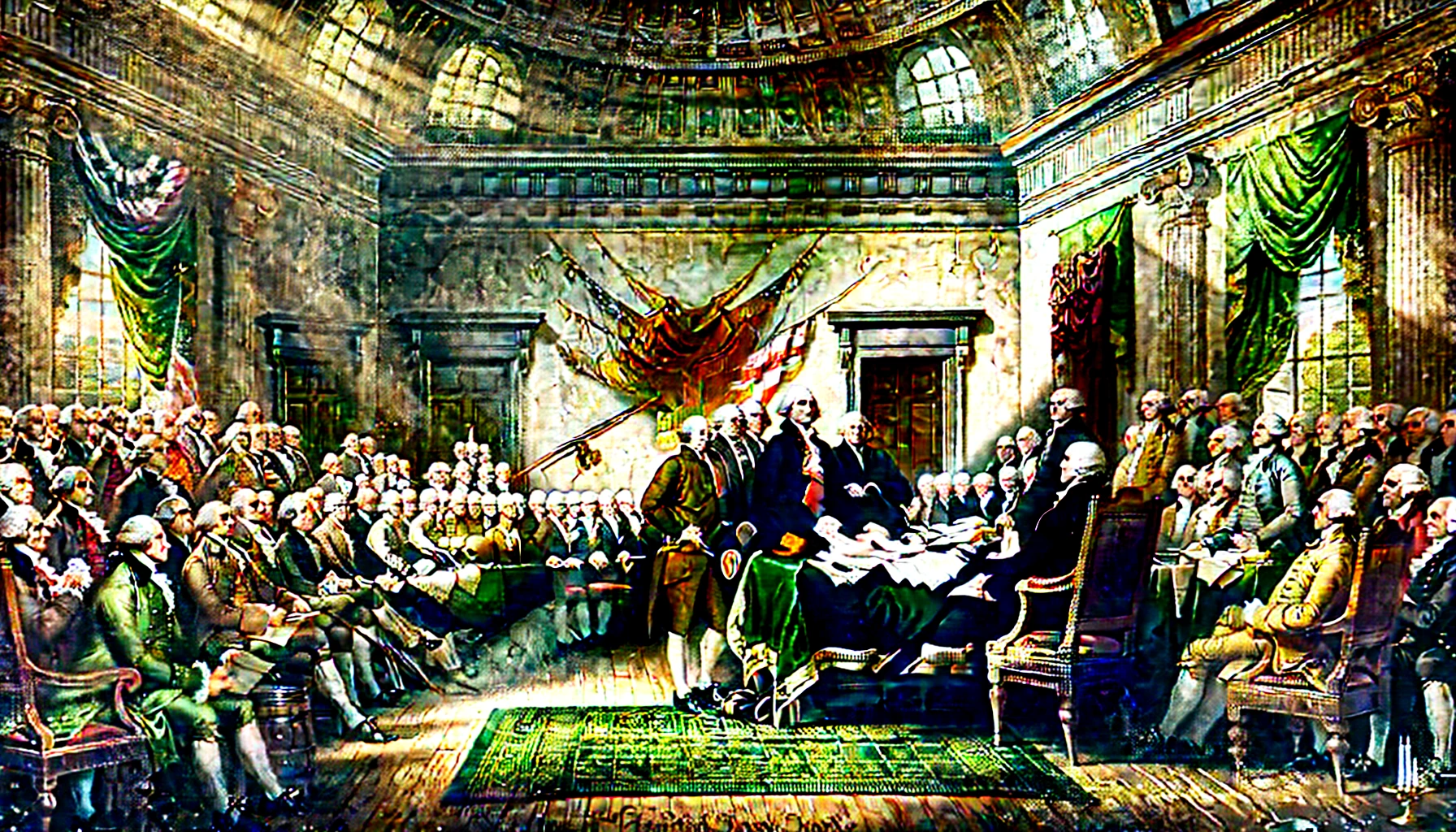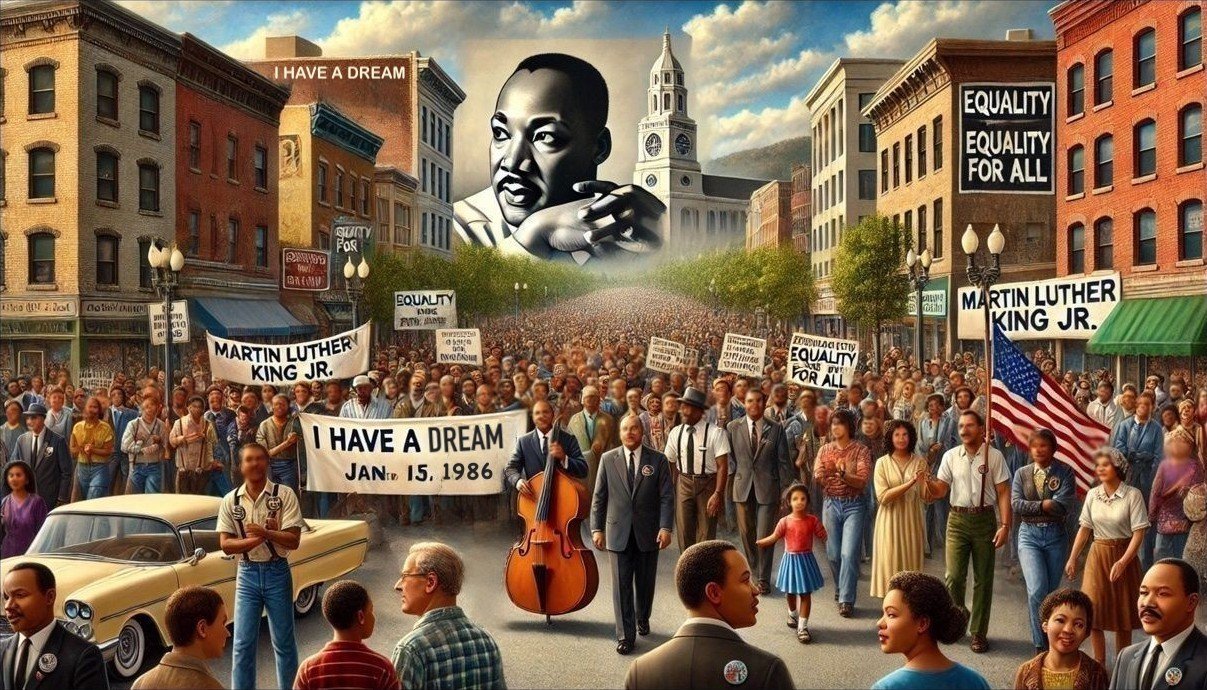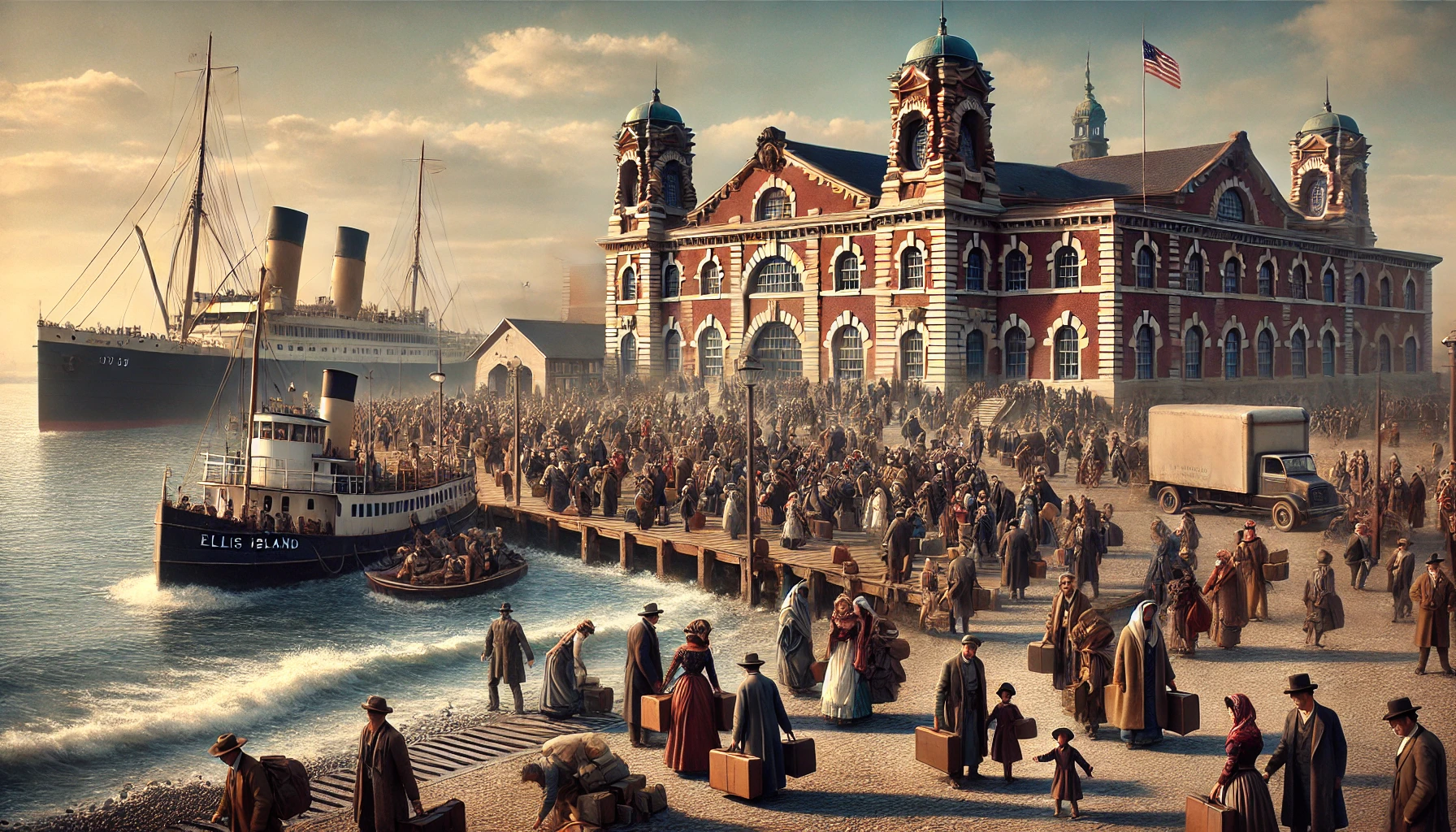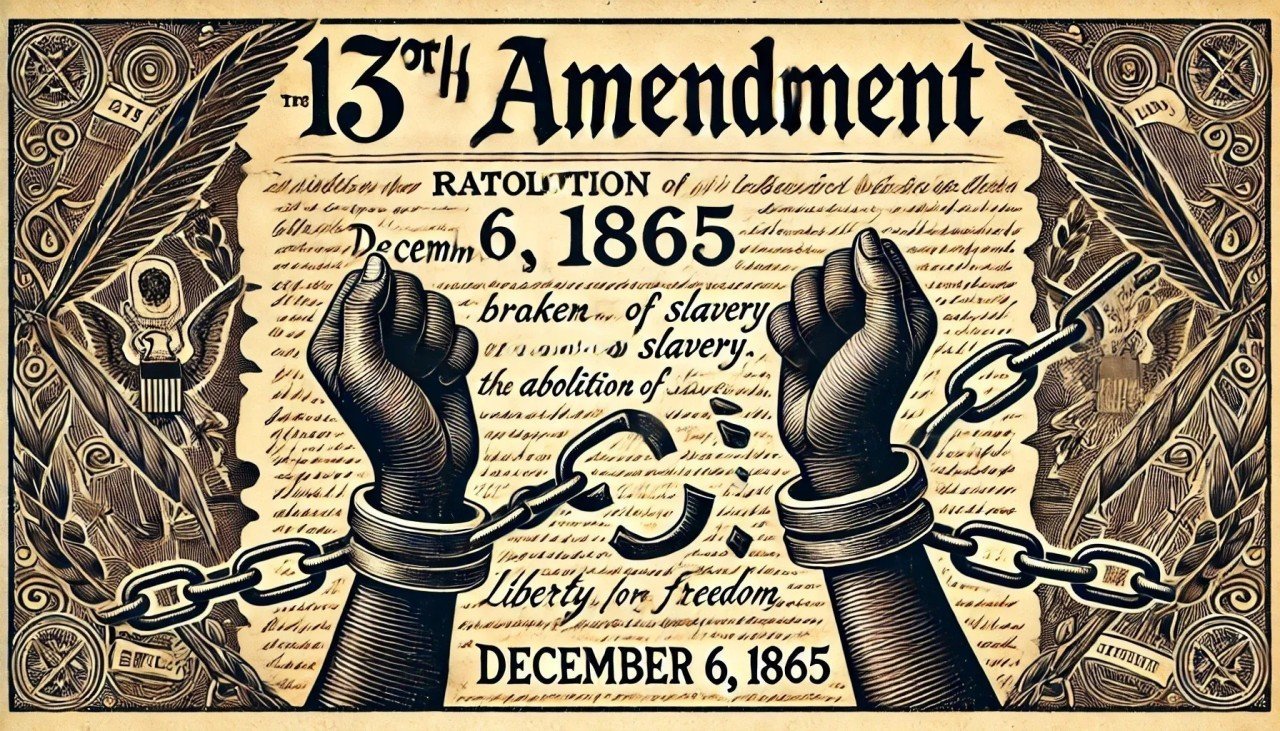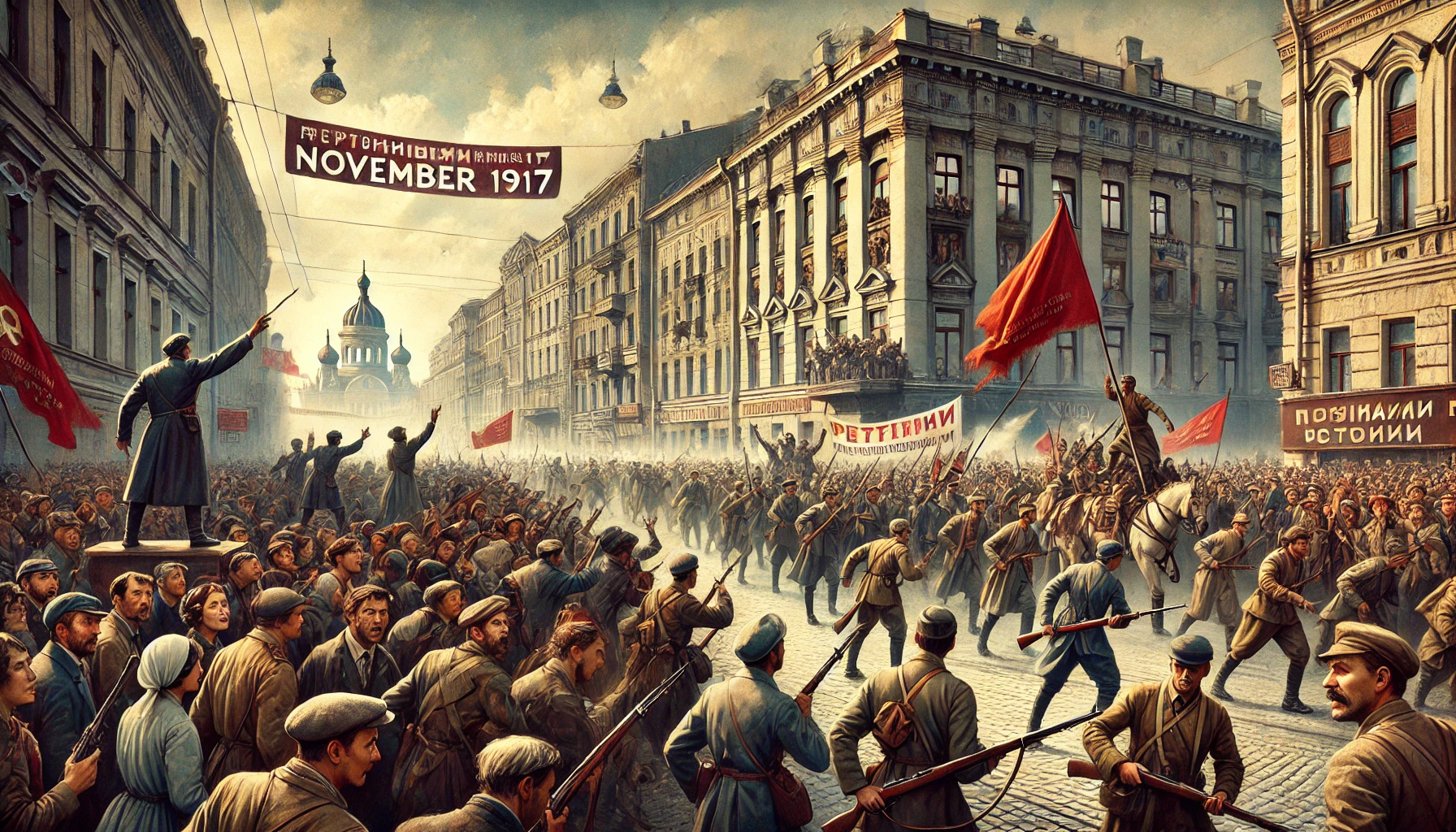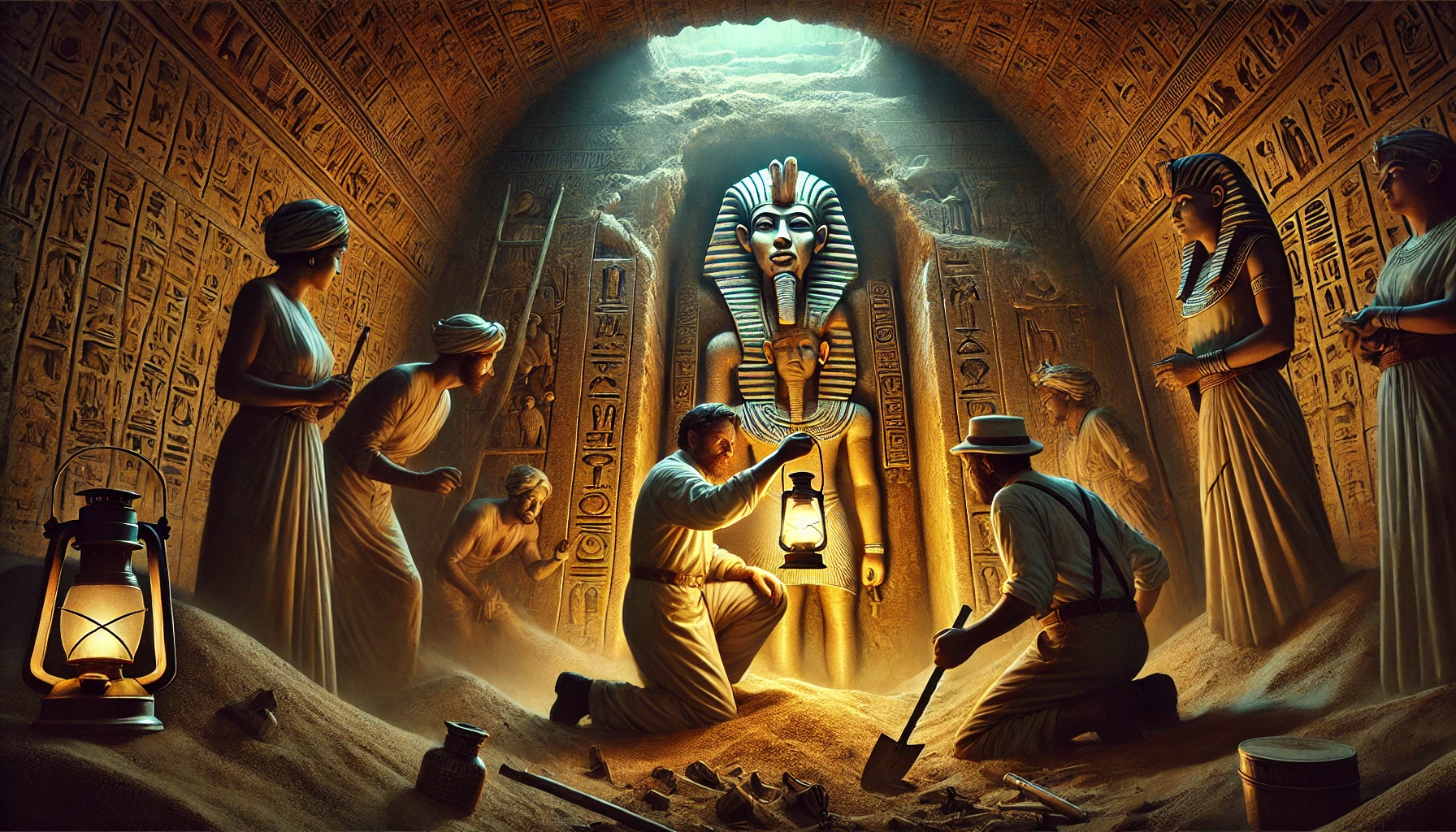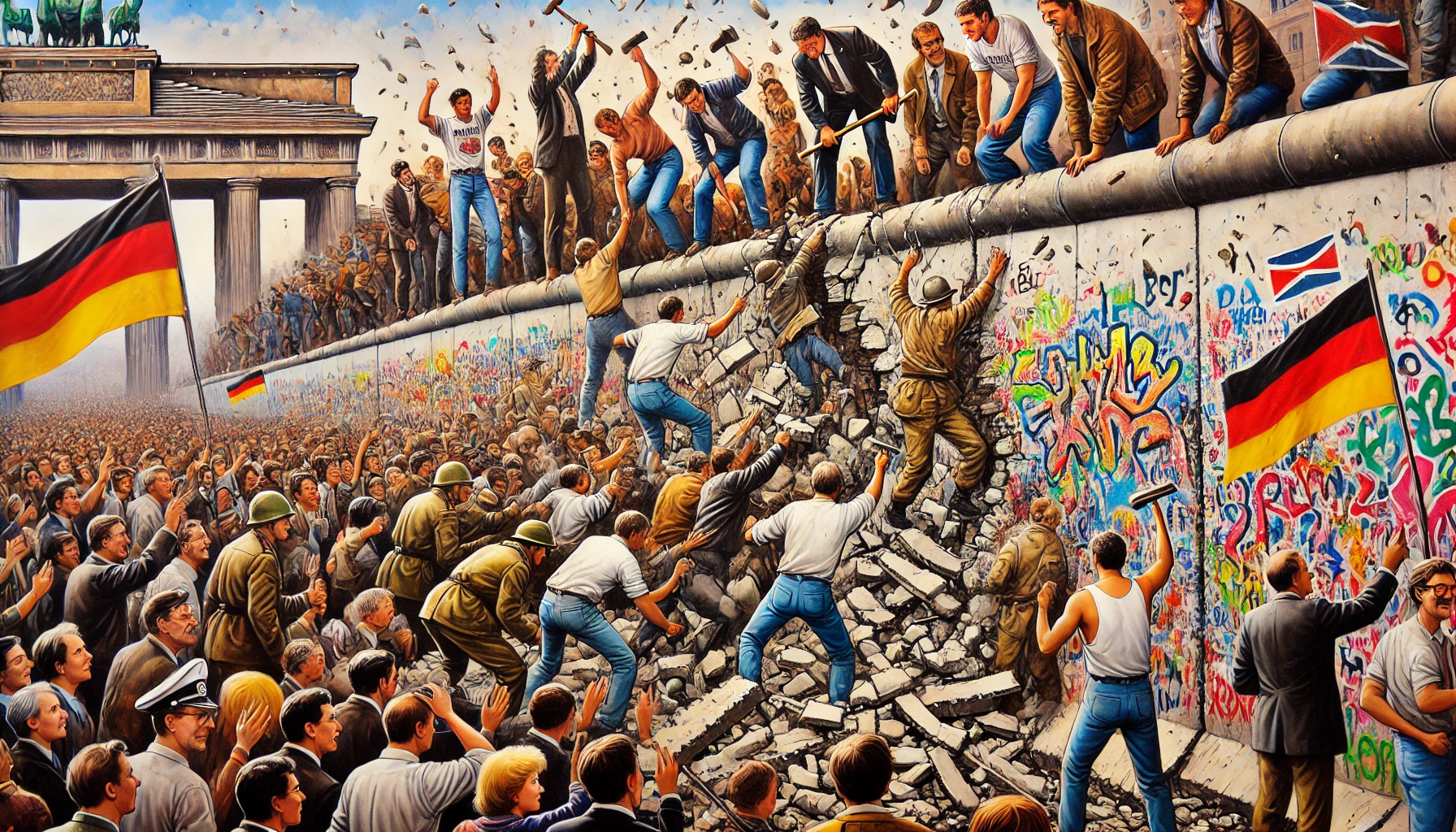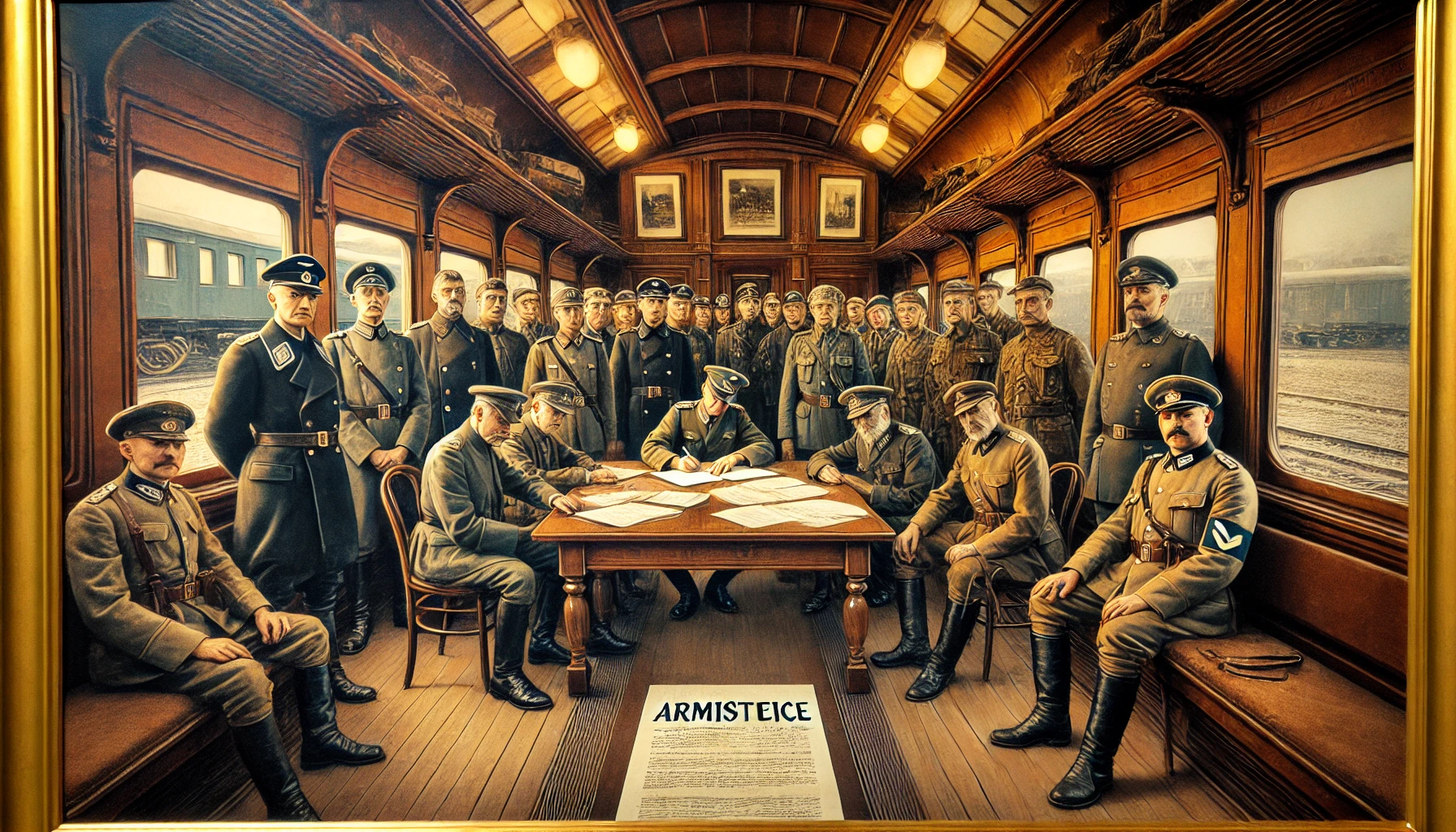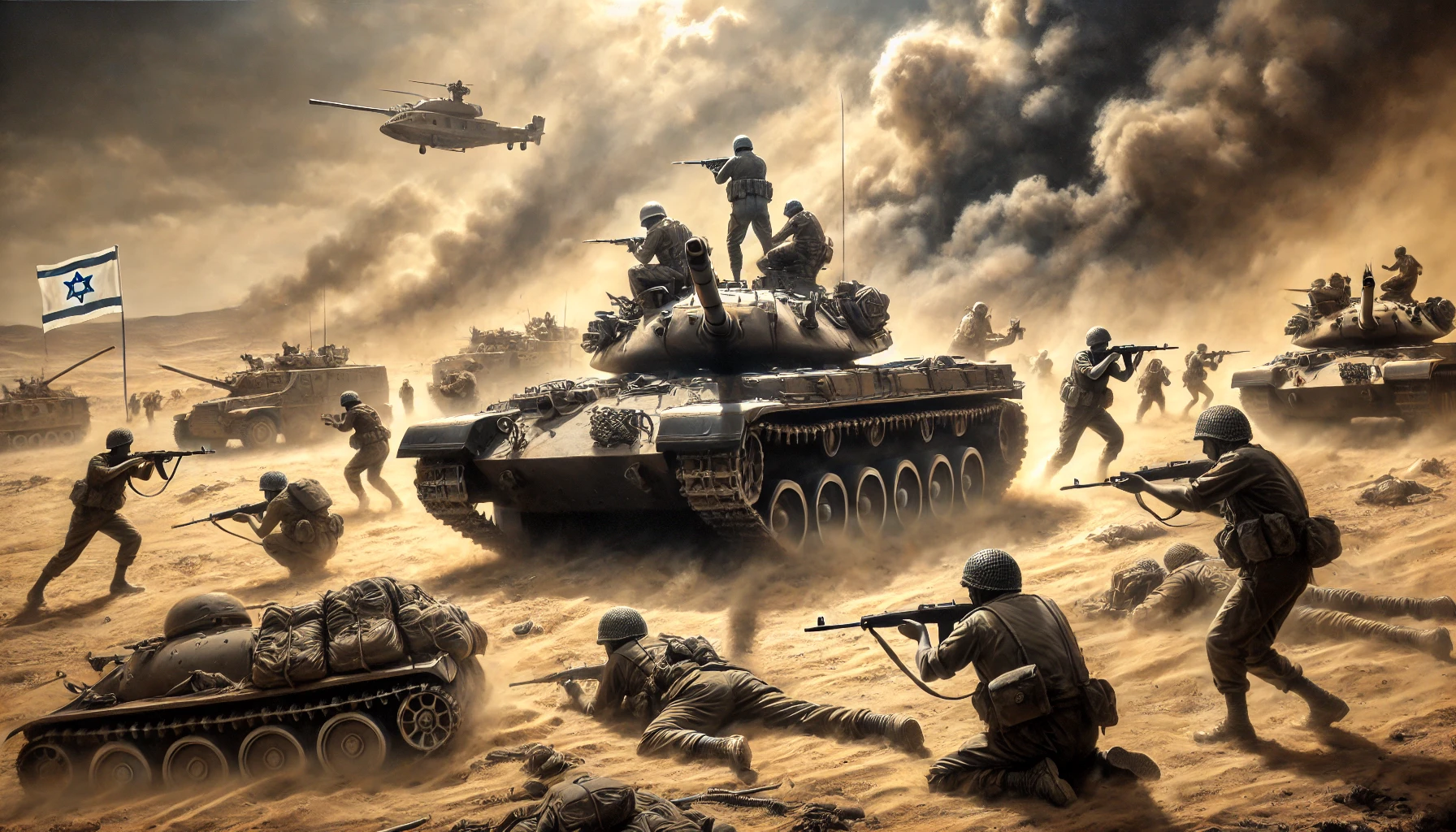Background Following the American Revolution, the newly independent United States faced the challenge of forming a stable government. The Articles of Confederation, the nation’s first governing document, had proven inadequate, leading to the drafting and ratification of the U.S. Constitution in 1787. The new Constitution established a democratic system of government with a powerful but […]
Background The Space Shuttle Columbia was the first shuttle to fly into space in 1981 and had completed 27 successful missions before its final launch on January 16, 2003. The STS-107 mission was intended as a research flight, carrying out experiments in microgravity. However, during takeoff, a piece of foam insulation broke off from the […]
Background The Space Shuttle Challenger was set to launch Mission STS-51-L, a historic flight that included Christa McAuliffe, a teacher from New Hampshire selected for NASA’s Teacher in Space Program. The mission was intended to promote space education, and McAuliffe planned to broadcast lessons from orbit. However, NASA engineers and managers were aware of a […]
Background Black History Month originated from the efforts of historian Carter G. Woodson, often called the “Father of Black History.” In 1926, he and the Association for the Study of Negro Life and History launched Negro History Week to highlight African American achievements, choosing February to coincide with the birthdays of Abraham Lincoln (February 12) […]
Background: Dr. Martin Luther King Jr.’s leadership in the civil rights movement was instrumental in dismantling segregation and advocating for racial equality in the United States. His nonviolent approach and powerful speeches, including the iconic “I Have a Dream,” left an indelible mark on the nation. Following his assassination in 1968, his legacy became a […]
Background: World War I left a devastating toll on nations worldwide, prompting leaders to seek ways to prevent future conflicts. U.S. President Woodrow Wilson’s Fourteen Points outlined a vision for lasting peace, including the establishment of an international organization to mediate disputes and promote cooperation. What Happened: On January 10, 1920, the League of Nations […]
Background: The United States was in the midst of the Civil War, a conflict that erupted primarily over the institution of slavery and its expansion into new territories. As the war dragged on, President Abraham Lincoln recognized the need to redefine its purpose. Beyond preserving the Union, addressing the moral issue of slavery could strengthen […]
Background: The late 19th century saw an unprecedented wave of immigration to the United States. Millions of people, fleeing poverty, persecution, and lack of opportunity in Europe, arrived seeking a better life. However, the rapid influx overwhelmed existing immigration facilities, prompting the federal government to establish a centralized processing station in New York Harbor. What […]
Background: The United States had just emerged from the Civil War, a devastating conflict fought between the Union (the northern states) and the Confederacy (the southern states) largely over issues of slavery and states’ rights. The Union victory in April 1865 paved the way for significant social and political changes, particularly concerning the fate of […]
Background: After the atrocities committed during World War II, there was a global consensus that fundamental human rights needed to be recognized and protected to prevent future conflicts and genocides. The United Nations, established in 1945, aimed to create a set of universal standards that would protect human rights across all member states. What Happened: […]
Background: Alfred Nobel was a Swedish chemist, engineer, and inventor, best known for inventing dynamite. Despite his numerous accomplishments, Nobel was concerned about how his legacy might be remembered, particularly after a premature obituary titled “The Merchant of Death is Dead” criticized his invention’s role in warfare. In response, Nobel decided to leave his fortune […]
Background: The Apollo program, launched by NASA, was a series of space missions aimed at establishing American dominance in space exploration during the height of the Cold War. By the late 1960s and early 1970s, the U.S. had successfully put astronauts on the moon multiple times. Apollo 17 was to be the final mission in […]
Background: Throughout the 1930s, Japan expanded its empire throughout East Asia and the Pacific, seeking natural resources and territory. As Japan invaded China and other areas, the United States, along with other Western nations, grew increasingly concerned and imposed economic sanctions. The U.S. froze Japanese assets and placed an embargo on oil shipments, a vital […]
Background: The Russian Revolution of 1917 was a series of revolutions that brought an end to centuries of imperial rule in Russia and led to the establishment of the Soviet Union. In March 1917 (February in the Julian calendar), the first phase of the revolution, known as the February Revolution, saw the abdication of Tsar […]
Background: For centuries, the tombs of the ancient Egyptian pharaohs in the Valley of the Kings had been a source of fascination and intrigue. By the early 20th century, most of the tombs had been discovered, and many archaeologists believed that there were no significant tombs left to find. However, British archaeologist Howard Carter was […]
Background: The Berlin Wall, constructed in 1961, was a stark symbol of the Cold War that divided East and West Berlin for nearly three decades. The wall was built by the German Democratic Republic (GDR) to prevent East Germans from fleeing to West Berlin, as East Germany suffered under a repressive communist regime while West […]
Background: World War I, also known as the Great War, lasted from 1914 to 1918 and involved many of the world’s leading powers. It led to massive casualties, economic hardship, and social upheaval across Europe and beyond. What Happened: On November 11, 1918, at 11 AM, an armistice was signed between the Allied powers and […]
Background: Following the Six-Day War of 1967, in which Israel captured significant territories from its neighboring countries, tensions remained high in the Middle East. Egypt and Syria sought to regain the territories they had lost to Israel. What Happened: The Yom Kippur War began on October 6, 1973, when Egyptian and Syrian forces launched a […]

